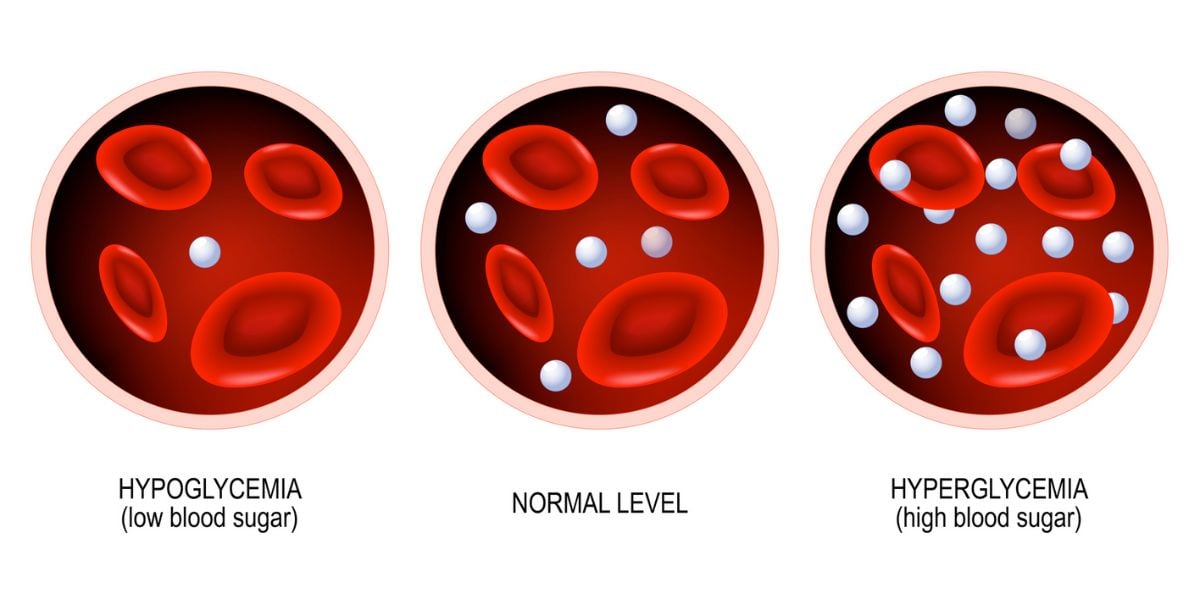Tea is one of the nation’s favourite drinks and research suggests it’s also a healthy drink. Tea brings a number of health benefits including improving insulin sensitivity.
However, research notes that some the benefits are best experienced if you drink your tea without milk.
Benefits of tea
Research suggests the following benefits may be enjoyed from tea:
- Improving insulin sensitivity
- Maintaining healthy blood pressure
- Preventing blood clots
- Reducing risk of cardiovascular disease
- Reducing risks of developing type 2 diabetes
- Reducing risks of developing cancer
How does tea help diabetes?
Teas such as black tea, green tea and oolong tea contain polyphenols which researchers believe may increase insulin activity. A number of studies have shown positive effects of tea:
- Drinking two cups of tea each day could help you live longer
- Green tea and coffee found to reduce risk of death among type 2 diabetes
Can tea prevent diabetes?
Polyphenols are known to have anti-oxidative properties which can help protect against inflammation and carcinogens.
In other words, the properties in tea can help to prevent type 2 diabetes as well as cancer.
Other factors for preventing type 2 diabetes include:
- Eating minimal amounts of processed foods
- Eating fresh vegetables regularly through the day
- Including physical activity into each day
- Not smoking
- Keeping alcohol intake low
Tea and stress relief
Tea also contains tiny micronutrients called flavonoids which can help parts of the body to function better.
There are many different types of flavonoid and each have different health properties.
One flavonoid of interest that is found in tea is theanine which can help to control blood pressure and lower stress.
Which type of tea is best to drink?
The latest research indicates that green and black teas are as effective as each other in providing health benefits.
Other type of tea which have been found to have benefits include:
- Oolong tea
- Chamomile tea
- Rooibos tea
- Ginger tea




